By Karen Matis with Charlene Klassen Endrizzi
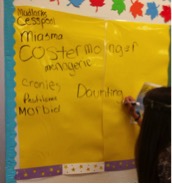
One fascinating aspect of the seventh graders’ questions during our conversation after the author Skype was their curiosity regarding specific vocabulary (such as “cesspool” or “costermonger”) used by Hopkinson. I think Dr. Matis’ Word Wall was a great tool for students, allowing them to discuss and learn new words.
Ben Gaul, history preservice teacher
This week we continue our exploration of what it means to be responsible citizens using The Great Trouble, Stolen Dreams, and companion web resources. My two seventh grade classes started our exploration of The Great Trouble with a Word Wall. Like Ben noted, I also see students’ engagement with texts increase if we collectively analyze unfamiliar words. The first word selected to place on our wall was “mudlark,” a term introduced and defined on page one. Readers eagerly contributed to the wall when they came across new vocabulary. To help students connect to words of low practical use but an integral part of understanding The Great Trouble, we acted out new terms or mimicked facial expressions to physically demonstrate a word’s meaning. Continue reading →


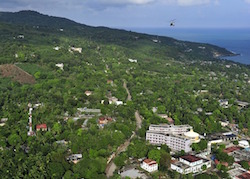

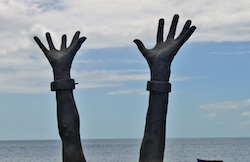
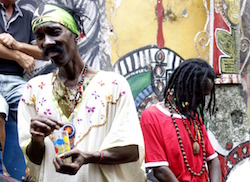
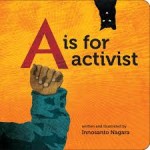
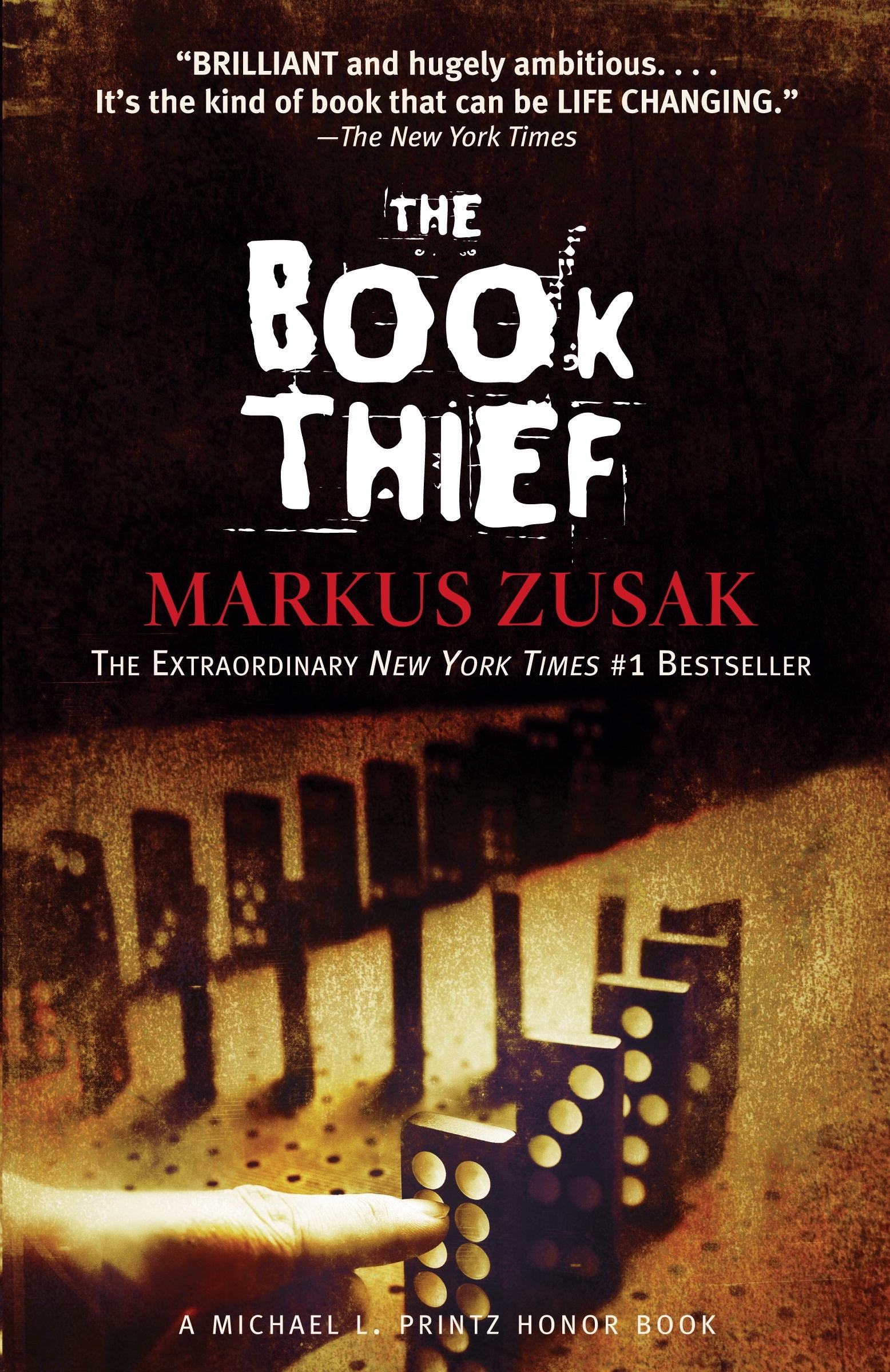

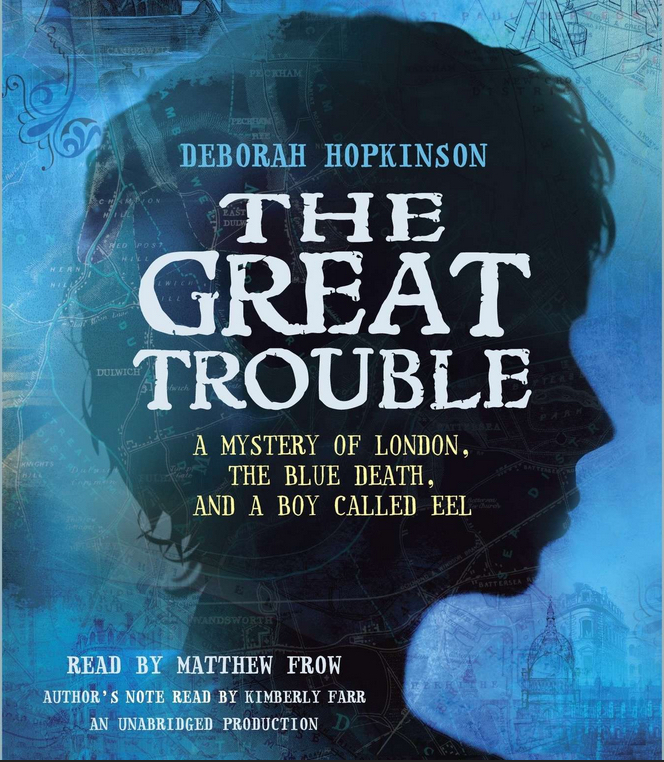 “Instead of looking with my eyes, I decided to see with my heart.”
“Instead of looking with my eyes, I decided to see with my heart.”